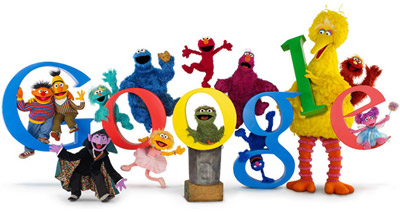Kids & Media: Tales From the Front Lines
 Tuesday, February 23, 2010 at 5:57PM
Tuesday, February 23, 2010 at 5:57PM I've stumbled upon a couple of interesting articles recently. Remember "Baby Einstein"—that once-ubiquitous and ostensibly beneficial series of camcorder-grade videos of toys and puppets set to Casio-tone versions of classical music pieces? Seems the founders of the franchise, which had long since been sold to the Walt Disney Company, have sought a court order for the release of records by University of Washington researchers who have linked early television viewing with attention problems and delayed language development. Those findings, the founders contend, don't jibe with other research studies.
And I suppose that may be. But while working on The Green Hour: A Daily Dose of Nature for Happier, Healthier, Smarter Kids, I found the rising wave of creditable research linking children's increased media consumption to a host of negative outcomes—attention problems and academic achievement being just two of them—to be simply overwhelming.
And the beat goes on. In fact, the Kaiser Family Foundation just last month released its new report, Generation M2: Media in the Lives of 8- to 18-Year-Olds, which updates the already astonishing figures from its original report released five years ago. Incredibly, the average young person today now spends an average of 7 1/2 hours per day with entertainment media—and, by "multitasking," fits nearly 11 hours worth of media consumption into that time.
Turning the tide won't be easy, when clever products like the Fisher-Price iXL—the so-called "iPad for the pre-school set"—bring their touch screens to a toddler near you this summer.
Getting some fresh air, sunshine, and grass beneath your feet? Well, kids... I'm sure there's an app for that.
 Todd Christopher | Comments Off |
Todd Christopher | Comments Off |  Research,
Research,  Screen Time,
Screen Time,  Toys in
Toys in  Childhood,
Childhood,  Culture,
Culture,  Media,
Media,  Parenting |
Parenting |  Email Article |
Email Article |  Permalink
Permalink 